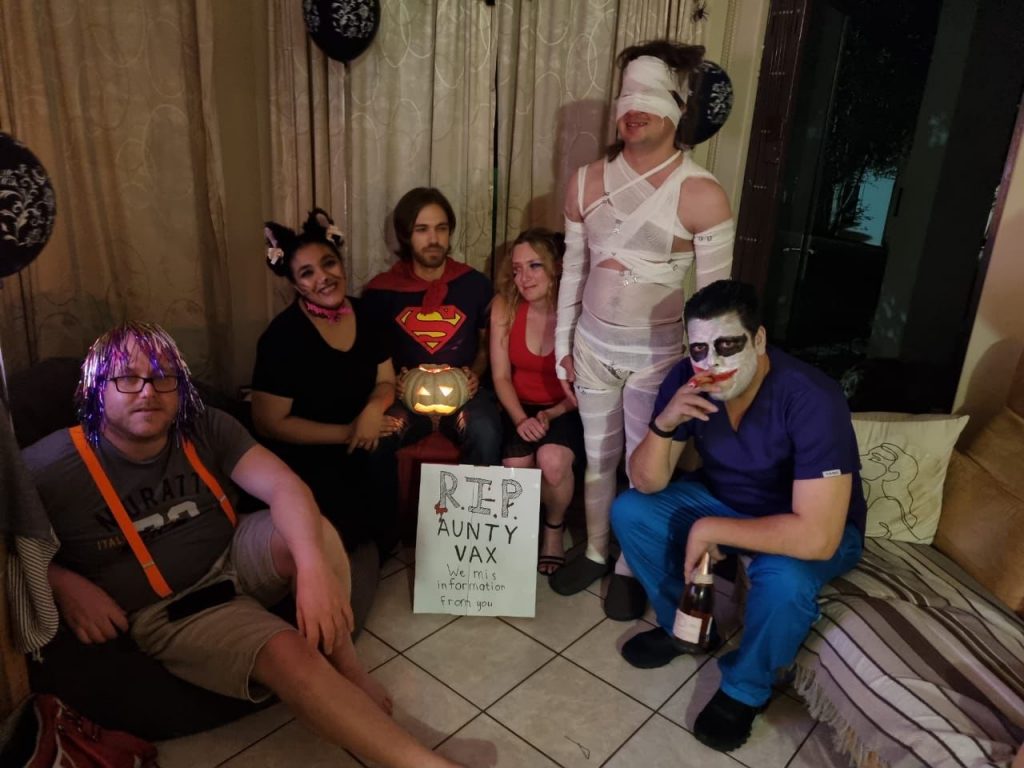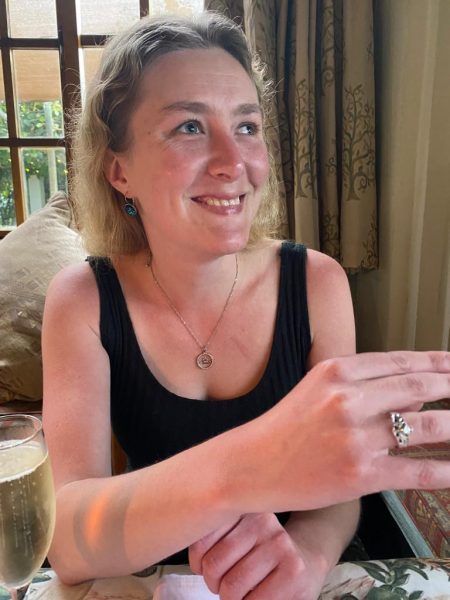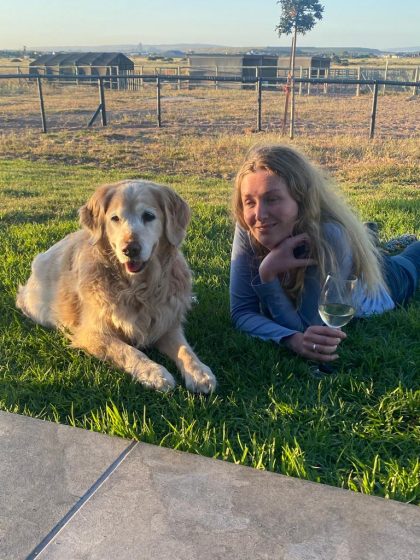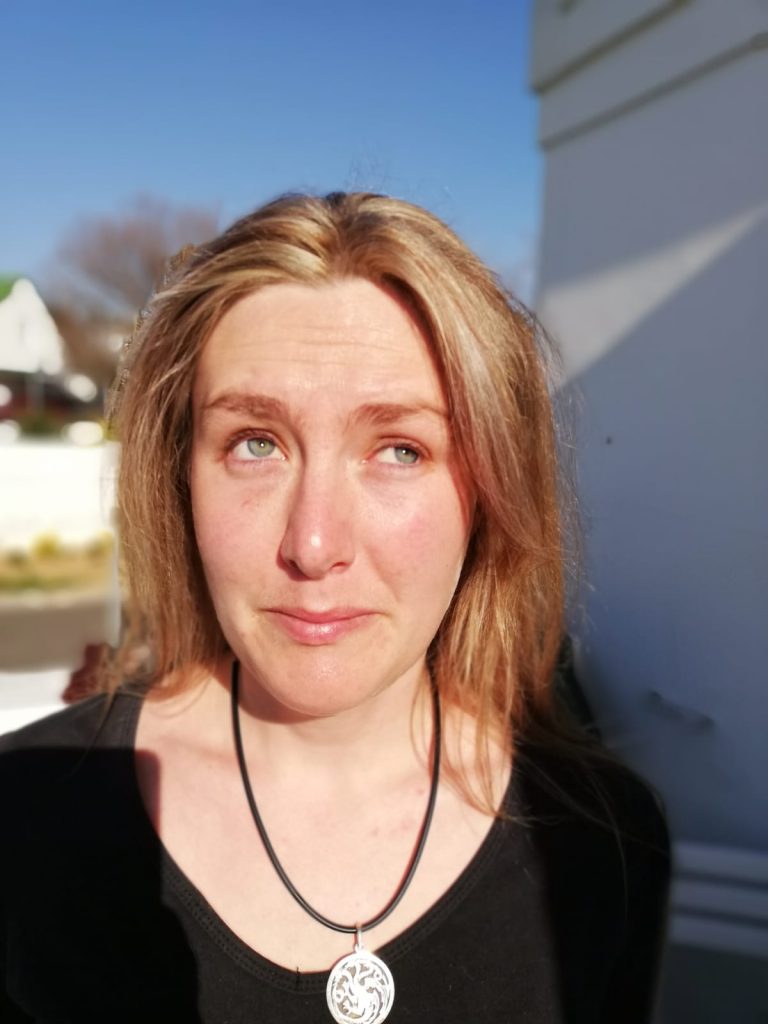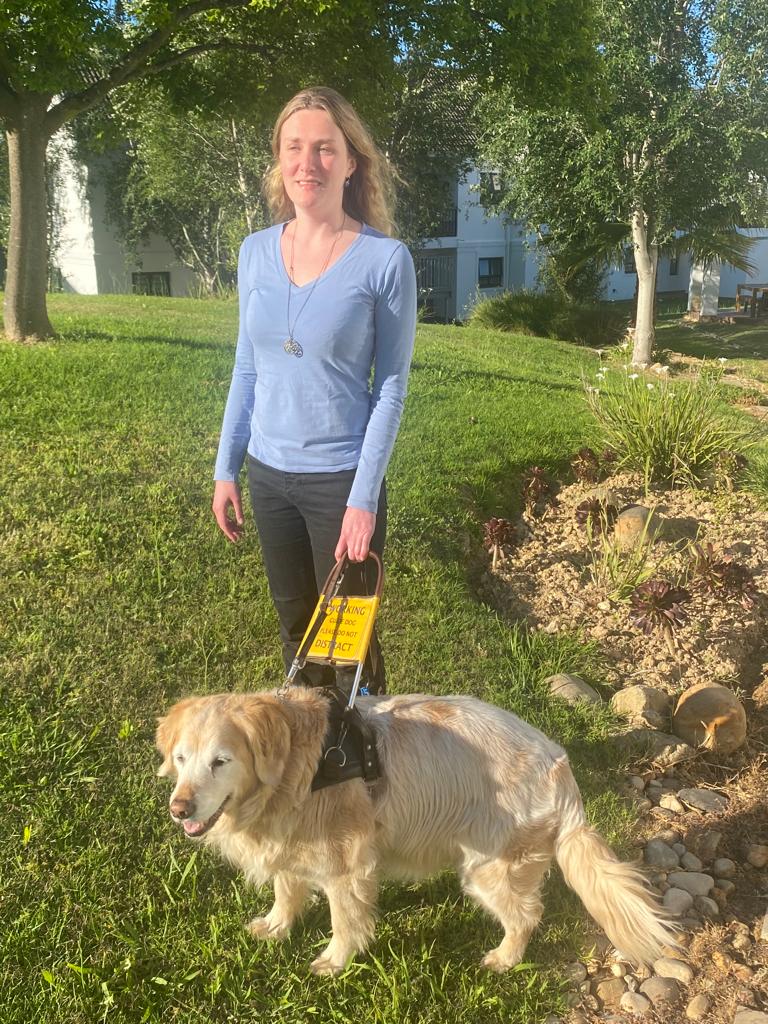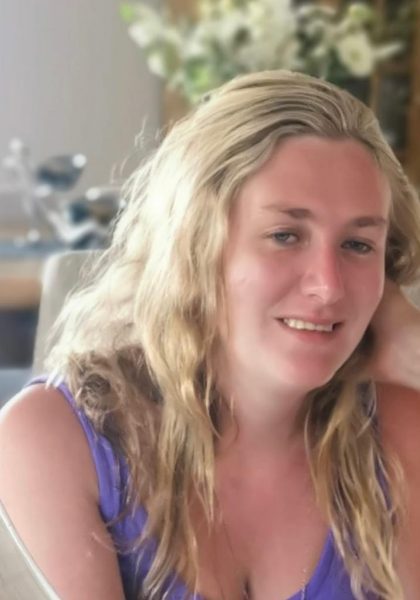
In last week’s post, we discussed disabled demons, or the subhumanisation of people with disabilities in the media and in people’s general perceptions. In part 2 of the disabled demons and angels discussion, we will be examining the other side of the coin: when disabled people are seen as angelic or as superhuman, which can be equally damaging. We will conclude by discussing the space in between, or what counts as an accurate and constructive understanding of who disabled people are. Let’s dive in.
Often societal perceptions of disabled people are not malicious. They just swing to the other extreme. For example, some people hold the belief that disabled people are all good and pure, and can’t possibly be amoral. Remember the example that I used in a previous article about the character Penny in the Big Bang Theory saying: “Handicapped people are nice, Leonard. Everyone knows that.” I’m here to tell you that it unfortunately just isn’t true. There are definitely some disabled people who are simply terrible humans, and all of us (every single one) are flawed, just like you.
Not to discredit any of these organisations or programmes (because they do amazing work) but this sentiment is also often reflected in the names of charity organisations or programmes that try to improve the lives of disabled children. Think of names along the lines of Children from Heaven, or God’s Little Messengers, and the like. I am not actually mentioning real names of actual organisations/programmes that I know of (because as I said, the point of this article is not to discredit them) but you get the idea… It perpetuates the belief held by some people that individuals with disabilities are protected or especially beloved by God, because they’re “special”.
Now, I am going to address the topic of inspiration porn. Much has been written and said about this, so I am fully aware that this part of the article may be derivative and may echo what has been said in many talks and on many other blogs. However, knowledge about this phenomenon has to be spread as widely as possible, and if that involves some repetition, so be it.
Inspiration porn is essentially when disabled people are talked about in the media and elsewhere as incredibly inspirational or heroic, simply for going through life with a disability. Often, if a disabled person achieves something, they are praised in the media and elsewhere as having achieved whatever it was despite their disability, or to have overcome their disability through their achievements. I will address the problem with terms such as “overcome” and “despite” in relation to disability later in this article.
The phrase “inspiration porn” was coined by the late great Stella Young, a disability rights activist, comedian and journalist who was born with osteogenesis imperfecta, and was a wheelchair user for most of her life. In her well-known April 2014 TEDxSydney talk, “I’m not your inspiration, thank you very much”, Stella explains how her parents were approached by someone in her teenage years who wanted to nominate her for a community achievement award. However, Stella agreed with her parents’ response, which was that although it was a nice thought, Stella had not actually achieved anything at this point. Although quite strong academically, she was just a normal teenager going through life. Later in her life when she was teaching a class, a student asked her when she was going to “do her speech.” It turned out that that student had only ever experienced disabled people as being motivational speakers.
Stella explains that inspiration porn is actually a form of objectifying disabled people to make nondisabled people feel better about their own lives, and to inspire them. It is not celebrating the disabled individual. Instead, the life of the disabled person is being used to guilt or motivate nondisabled people to get off their asses and to try harder in life. It isn’t really about the disabled person.
I’m sure almost everyone reading this will have seen memes with pictures of disabled people doing various things, with captions like “The only disability in life is a bad attitude”, or “so what is your excuse?”. Firstly, as I’ve said before, the only disability in life is not a bad attitude. I have a disability, and sometimes I also have a bad attitude. They are not the same thing though. I am blind, and society makes life difficult for me by excluding me, and not treating me as equal to sighted people. This isn’t going to just go away if I maintain a positive attitude. As Stella Young said, no amount of smiling at a staircase is going to get a wheelchair user to the second floor. As for excuses, I don’t know your struggles. If for some reason you’re not living up to your potential, or to what society expects from you, I have absolutely no right to judge you.
Instead of a picture of people running with prosthetics with a caption such as one of those mentioned above, what if we reframed this to “how cooll is it that this person has a device that enables them to do something they want to do?” Or if it’s a picture of someone without arms who is painting holding the brush in their mouth, shouldn’t we be thinking more along the lines of how innovative they’re being instead of how we’re not trying hard enough?
A quick side note: on the topic of devices that help disabled people achieve their goals, remember that a wheelchair user is not “wheelchair bound”. They are not tied to their wheelchairs, and most wheelchair users also don’t hate their chairs. Wheelchairs are not holding them back. They are making them more mobile.
Anyway, next time you see an inspirational picture or read an article about a disabled person doing something or other, ask yourself the following questions:
- Why are you inspired? Is the picture that someone painted by holding the brush in their mouth even that good, or are you only celebrating because it was a disabled person who painted it? Are you inspired by the blind person you saw cross a street simply because you think it must be impossible to cross streets without sight, or are you inspired because maybe they told you something meaningful when you spoke to them, if you even did?
- Who is the message in the caption or the article really about? Is it about a disabled person who innovatively found a way around an obstacle or achieved something that is really of note, or is it about motivating, inspiring, or guilting nondisabled people?
- What is inspiring you exactly? Why is it more inspiring to see a disabled person who won a gold medal than a nondisabled person who did the same thing? Or why is the fact that a disabled person decided to become a Paralympian more inspiring than a disabled person who decided to become a successful business person? And if you are inspired by the disabled person who became a successful business person, are you inspired because it’s an achievement for anyone to run a successful business, or are you inspired because you think it must be very difficult for disabled people to be successful in the first place?
Inspiration porn often conveys the message that the person in question is more than their disability. Yes, we are more than our disabilities. We are often well rounded human beings. However, our disabilities are part of who we are. We don’t “overcome” our disabilities. We “overcome” circumstances created by an exclusionary society that discriminates.
I’m not saying that you shouldn’t be inspired by disabled people. There are many inspirational disabled people, just as there are many inspirational nondisabled people. Stella Young, for example, says that she was inspired by a wheelchair user that came up with the bright idea of plugging their phone into their wheelchair to use the battery to charge the phone. She was not inspired that the wheelchair user managed to drag themselves out of bed in the morning, to brush their teeth, and to remember their own name. She was inspired because the wheelchair user was innovative. I am inspired by Stella Young. I’m not inspired that she made something of her life “despite” her disability. I am inspired that she made something of her life, period. One day, I hope to be as successful as she was in my disability advocacy. I hope that my message has as much of an impact on disabled and nondisabled people alike as hers did.
The bottom line is this: Framing disabled people as superhuman for simply living their lives without collapsing into despair sets the bar very low. It conveys the message that society doesn’t have very high expectations of disabled people in the first place. It reinforces the view that disabled people are super brave for simply living their lives, because it must be awful to be disabled. It isn’t awful to be disabled. It’s just what it is.
So, what is the space in between? Well, logically, if we’re not subhuman or superhuman, we’re just human! We are also not a homogenous group. We have differing views, even on disability. You are reading an article written by only one disabled person. Take into consideration that I do not speak for all of us. If you’re wondering how a specific disabled individual sees life, just ask.
Disabled individuals may have extraordinary characteristics (as most individuals do) but all in all, they’re all just people who have hopes, dreams, friends, families, strengths, weaknesses, worries, heartaches, and things that make them happy, just like everyone else. Some of them throw parties. Some of them keep to themselves. Some of them date, and some haven’t met anyone who would make them want to navigate that minefield. Some of them are religious, and some are not. Some like pineapple on pizza, and others believe that there has never been a worse invention in the history of Earth.
In case you were wondering, I am decidedly pro pineapple on pizza, and I am human, as much as I wish I had a superpower such as the ability to teleport, read minds, or to blast that person refusing to let my guide dog and I enter the pizza restaurant into the next dimension. See? Now that would be a worthwhile superpower to have, as opposed to managing to simply draw breath as a blind woman.
